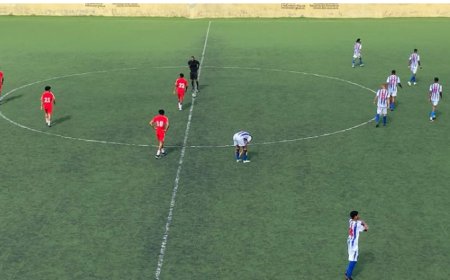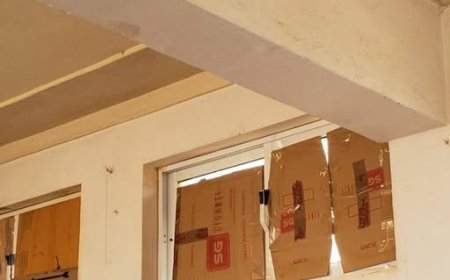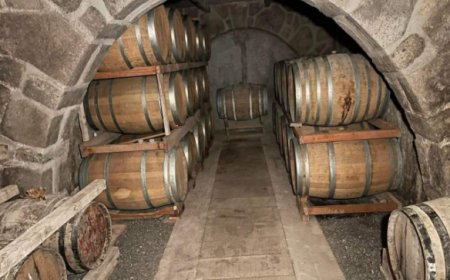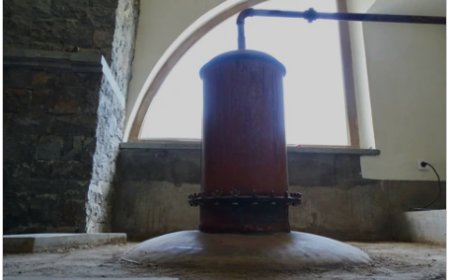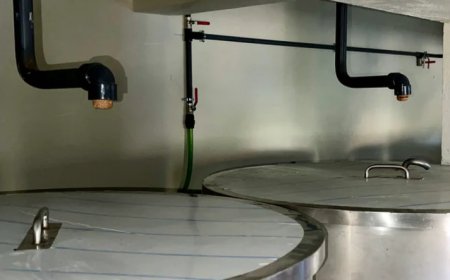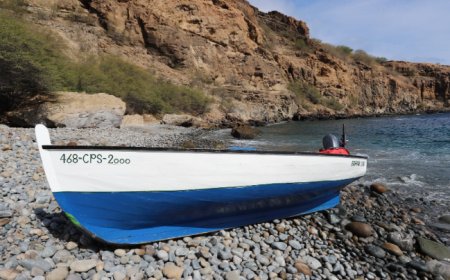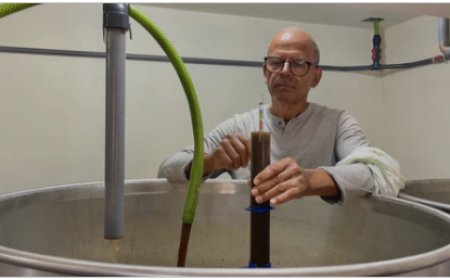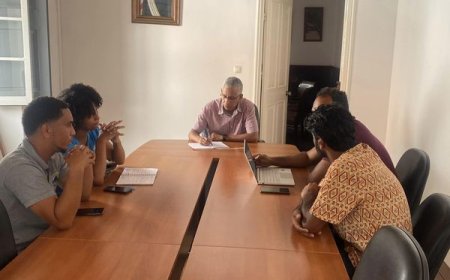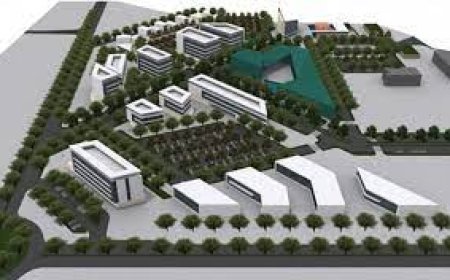Cape Verdean researcher takes part in international study on the "ecological memory" of soils
Scientist Ângela Moreno, from Cape Verde's Ministry of Agriculture and Environment, was part of an international team that published a study in the journal Nature Microbiology on how soil microorganisms preserve climate "memories" that influence plant growth.
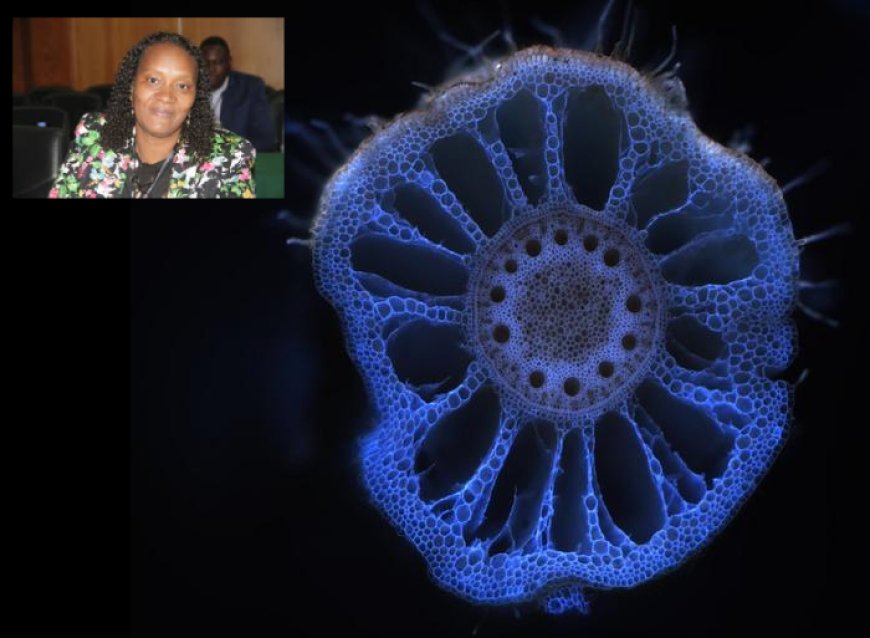
Cape Verde was present at one of the most recent international research breakthroughs in soil ecology and microbiology. Researcher Ângela Moreno, from the Ministry of Agriculture and Environment, took part in a study published in the prestigious journal Nature Microbiology, which analyzed the influence of the "ecological memory" of soil microorganisms on plant development.
The work, led by the University of Kansas (USA) in collaboration with the University of Nottingham (UK) and other institutions, investigated how bacteria and fungi that inhabit the soil retain "memories" of past climatic conditions - such as periods of drought or abundant water - and how these memories can affect the growth of agricultural crops.
According to the authors, even after thousands of bacterial generations, microorganisms retain traits of adaptation to arid environments, directly influencing how certain plants cope with water scarcity.
Angela Moreno's participation reinforces Cape Verde's scientific contribution to international studies on agricultural sustainability and climate adaptation. The Ministry of Agriculture and the Environment has been investing in scientific collaborations focused on soil management and crop resilience in the face of drought - challenges that the archipelago is intimately familiar with.
The participation of Angela Moreno reinforces Cape Verde's scientific contribution to international studies on agricultural sustainability and climate adaptation.
The study opens up new perspectives for sustainable agriculture, suggesting that the interaction between plants and soil microorganisms can be used to improve crop yields in arid and semi-arid environments.
For Ângela Moreno and the other researchers, understanding this "ecological memory" of soils could be an important key to tackling climate change and ensuring greater food security in vulnerable regions such as Cape Verde.





